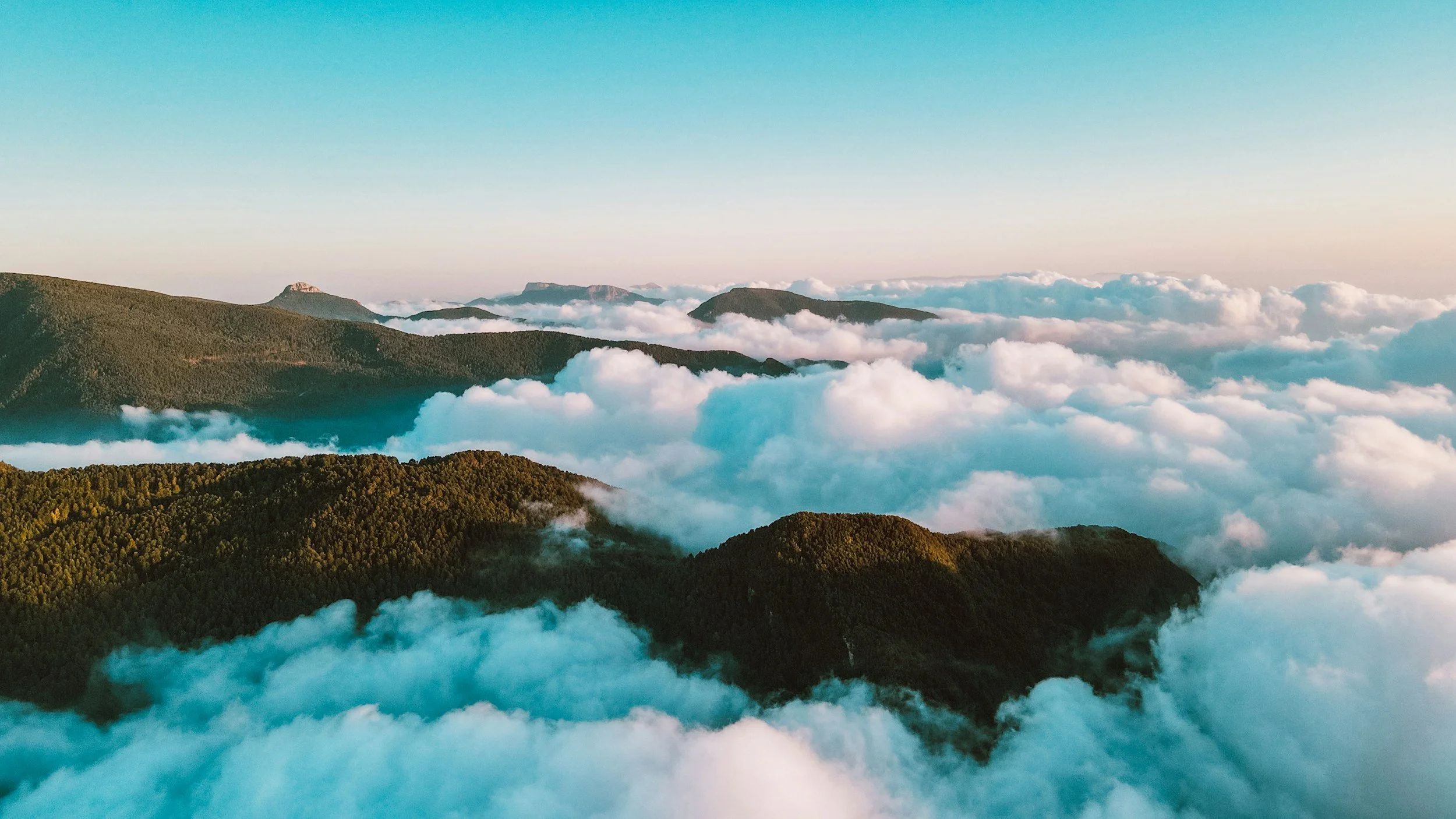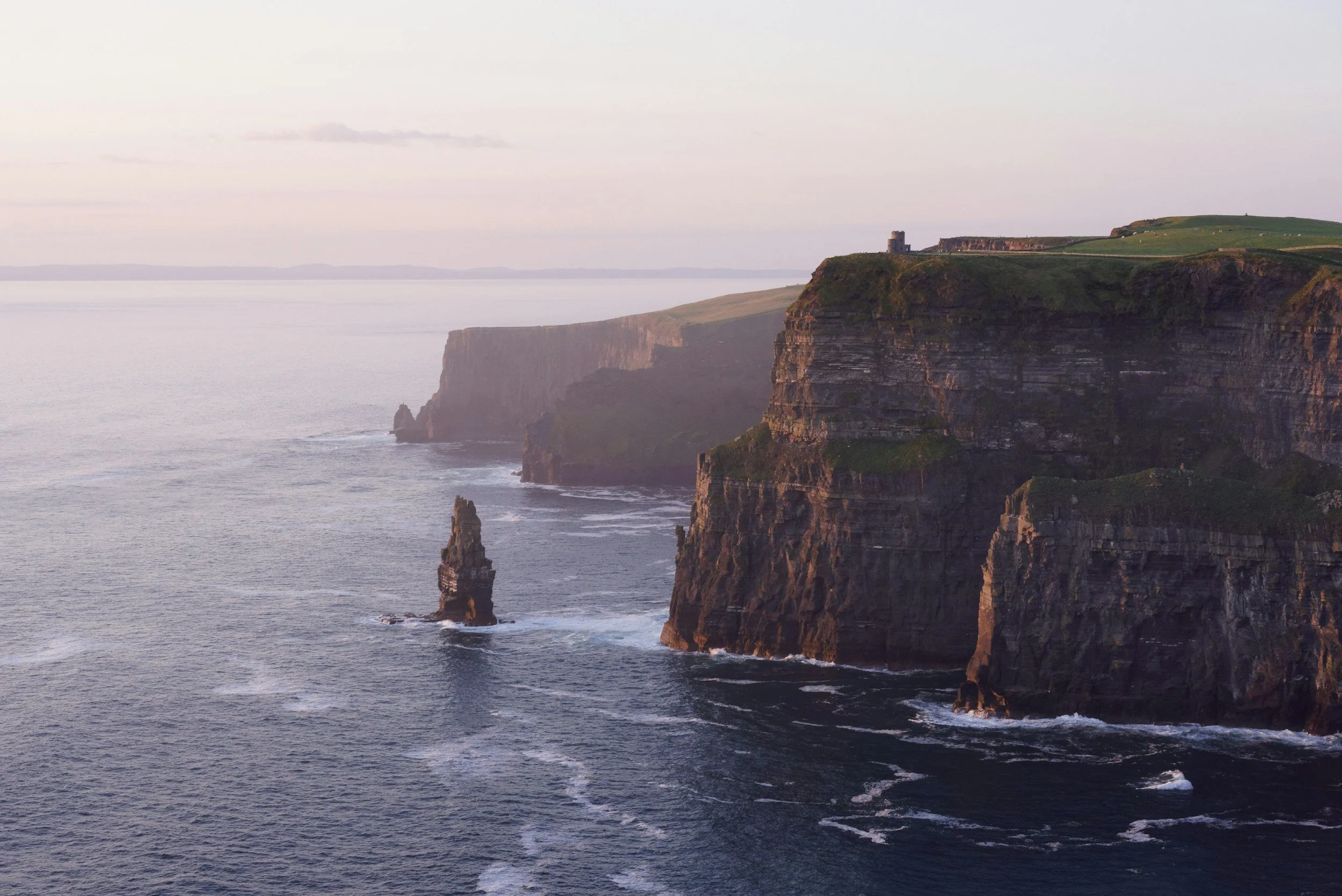Healing the Divide: My Work
In all my work I look for connections between separated spaces that need each other's wisdom, particularly philosophy and poetry, science and religion, and theory and practice. My projects orbit around a few big questions, all concerned with what it means to be human in an era dominated by technology and globalization.

My work begins with questions.
(1) What is the relationship between science, religion, poetry, and technology?
(2) Why did theology and philosophy begin a slow death with the rise of modern science, and why was philosophy's greatest advocate in the twentieth century, Martin Heidegger, both a Nazi and an opponent of humanism and technology?
(3) Are humans capable of possessing awareness of and control over the whole earth without destroying it?
My search for answers to these modern questions has led me to two, even more basic, questions about the ancient world.
↓

(4) How did a Jewish messianic sect in the first century turn into a non-Jewish religion, become the imperial cult of the Roman Empire, and end up the most persistent producer and perpetrator of prejudice and violence against the Jews in human history, culminating in the Holocaust, and how has antisemitism affected other forms of prejudice, like Islamophobia?
(5) How did philosophy, an ancient way of life rooted in spiritual practices, and integrating practical and intellectual skill, poetry and theory, art and science, transform into a mere academic discipline, into something which often seems impractical, unpoetic, unscientific, and reserved for a cognitive elite, and how could we change this, bringing philosophy closer to its origins, and thus to religion and science?
These are huge questions, raising the specter of modernity as the bringer of material benefits but killer of spiritual reality. Yet precisely this narrative has played easily, and horribly, into the hands of the worst reactionary forces of our times.
Can we take the problems modernity poses for human life seriously, while affirming and defending its unique and hopefully irreversible benefits? Doing so is the goal of my work.
It starts with big questions, but it can’t end there.

Asking big question is crucial,
but it does not constitute scholarship.
Scholarship requires converting big questions into maps which we draw as we go, leading us to disciplined research and writing, recognized as valuable by our specialized colleagues, with the goal of producing new knowledge and insight that matters.
If we lose our big questions, questions that matter to and for everyone, then scholarship becomes sterile at best, a marriage of pedantry and social injustice at worst. It’s difficult to balance these demands, and our occasional failure to do so as scholars is undeniable, but it does not undermine the importance and validity of the university and our task: without it, many of the things we value would not exist.
Our failures do, however, highlight our need for accountability, and accountability means, for me, quality recognized by my academic colleagues, and significance recognized by both academic and non-academic audiences.
Academics are servants of knowledge for the sake of the public: our colleagues guide us responsibly in the search for knowledge, students teach us if we are transmitting it well, and the public helps us understand whether it matters. This, at least, is my professional credo.
In light of it, I strive to do even highly specialized scholarship so that its style, subject, and significance is clear, and aim to be ready, if asked, to connect any specialized topic I work on to questions of universal human significance.
My projects extend beyond the academy because I am a philosopher, trying to be human in a helpful way. This includes my writing, speaking, and teaching, and my work to help others realize they are philosophers, too.
